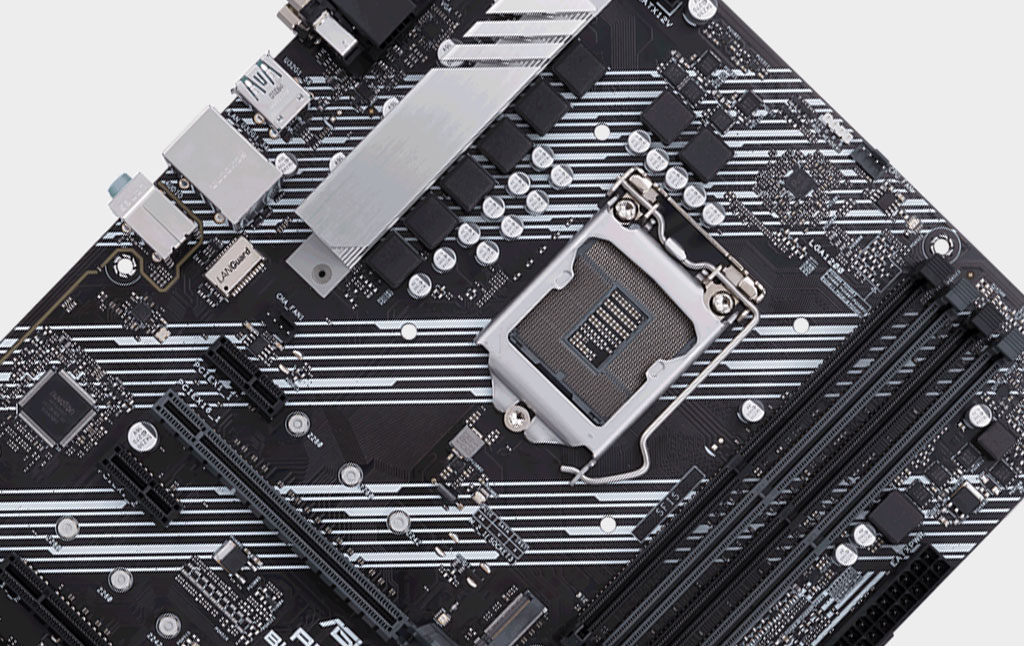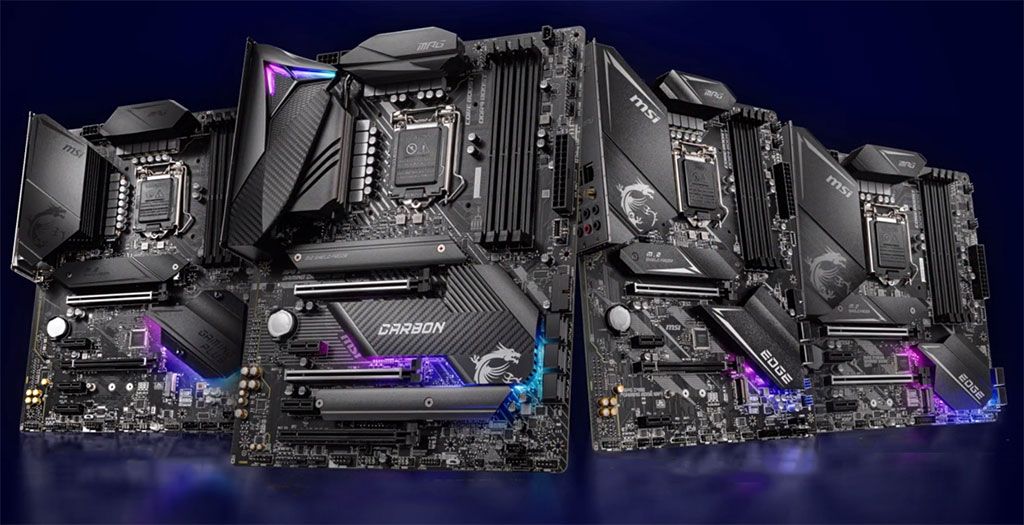PSA: Not all 400-series motherboards will support Intel’s next-gen gaming CPUs
In a support article, Intel clarifies the B460 and H410 mobos will not work with the upcoming Rocket Lake processors.

Keep up to date with the most important stories and the best deals, as picked by the PC Gamer team.
You are now subscribed
Your newsletter sign-up was successful
Want to add more newsletters?

Every Friday
GamesRadar+
Your weekly update on everything you could ever want to know about the games you already love, games we know you're going to love in the near future, and tales from the communities that surround them.

Every Thursday
GTA 6 O'clock
Our special GTA 6 newsletter, with breaking news, insider info, and rumor analysis from the award-winning GTA 6 O'clock experts.

Every Friday
Knowledge
From the creators of Edge: A weekly videogame industry newsletter with analysis from expert writers, guidance from professionals, and insight into what's on the horizon.

Every Thursday
The Setup
Hardware nerds unite, sign up to our free tech newsletter for a weekly digest of the hottest new tech, the latest gadgets on the test bench, and much more.

Every Wednesday
Switch 2 Spotlight
Sign up to our new Switch 2 newsletter, where we bring you the latest talking points on Nintendo's new console each week, bring you up to date on the news, and recommend what games to play.

Every Saturday
The Watchlist
Subscribe for a weekly digest of the movie and TV news that matters, direct to your inbox. From first-look trailers, interviews, reviews and explainers, we've got you covered.

Once a month
SFX
Get sneak previews, exclusive competitions and details of special events each month!
We are nearing the launch of the 11th Gen Core desktop processors, otherwise known as Intel Rocket Lake, and depending on what motherboard you currently own, a BIOS update might be all you need to support one of the next-gen CPUs. That's because Intel is recycling its LGA1200 socket for one more round. However, not every single 400-series chipset is compatible with Rocket Lake.
Contrary to what an MSI customer service representative purportedly wrote on a support forum last month, Intel's B460 and H410 chipsets are not destined to support Intel's next-gen CPUs. A recent support document from Intel clarifies this in no uncertain terms.
"Motherboards based on Intel B460 or H410 chipsets are not compatible with upcoming 11th Gen Intel Core processors," Intel states.
That leaves the Z490 and H470 as beneficiaries of backwards compatibility, by way of a BIOS update. As is often the case in these situations, dropping a next-gen CPU into a last-gen motherboard without an updated BIOS may result in the system not booting, which is another thing the document clearly warns.
Fortunately, Intel's hardware partners are on the ball with BIOS updates supporting Rocket Lake. If you plan to upgrade, you should apply the latest BIOS before dropping in the new CPU. You can find these firmware files by navigating to your motherboard model's product page and peeking the support section.

Best gaming motherboard: the best boards around
Best AMD motherboard: your new Ryzen's new home
If you're building a gaming PC around Rocket Lake from the ground up, however, it's a better idea to go with a 500-series motherboard. The latest generation chipsets offer improved power delivery, chipset-based USB 3.2 Gen2x2 support (rather than offloading to a separate controller chip), and native PCI Express 4.0 support (some Z490 motherboards will support PCIe 4.0 when paired with a Rocket Lake CPU as well). Intel designed its 500-series chipsets for Rocket Lake, whereas the 400-series was designed for desktop Comet Lake silicon.
Some 500-series motherboards are already available, though Rocket Lake has yet to see a retail launch. Barring any unforeseen events, Rocket Lake will arrive at retail next month, with a 19 percent IPC (instructions per clock) boost in tow.
Keep up to date with the most important stories and the best deals, as picked by the PC Gamer team.
Paul has been playing PC games and raking his knuckles on computer hardware since the Commodore 64. He does not have any tattoos, but thinks it would be cool to get one that reads LOAD"*",8,1. In his off time, he rides motorcycles and wrestles alligators (only one of those is true).


